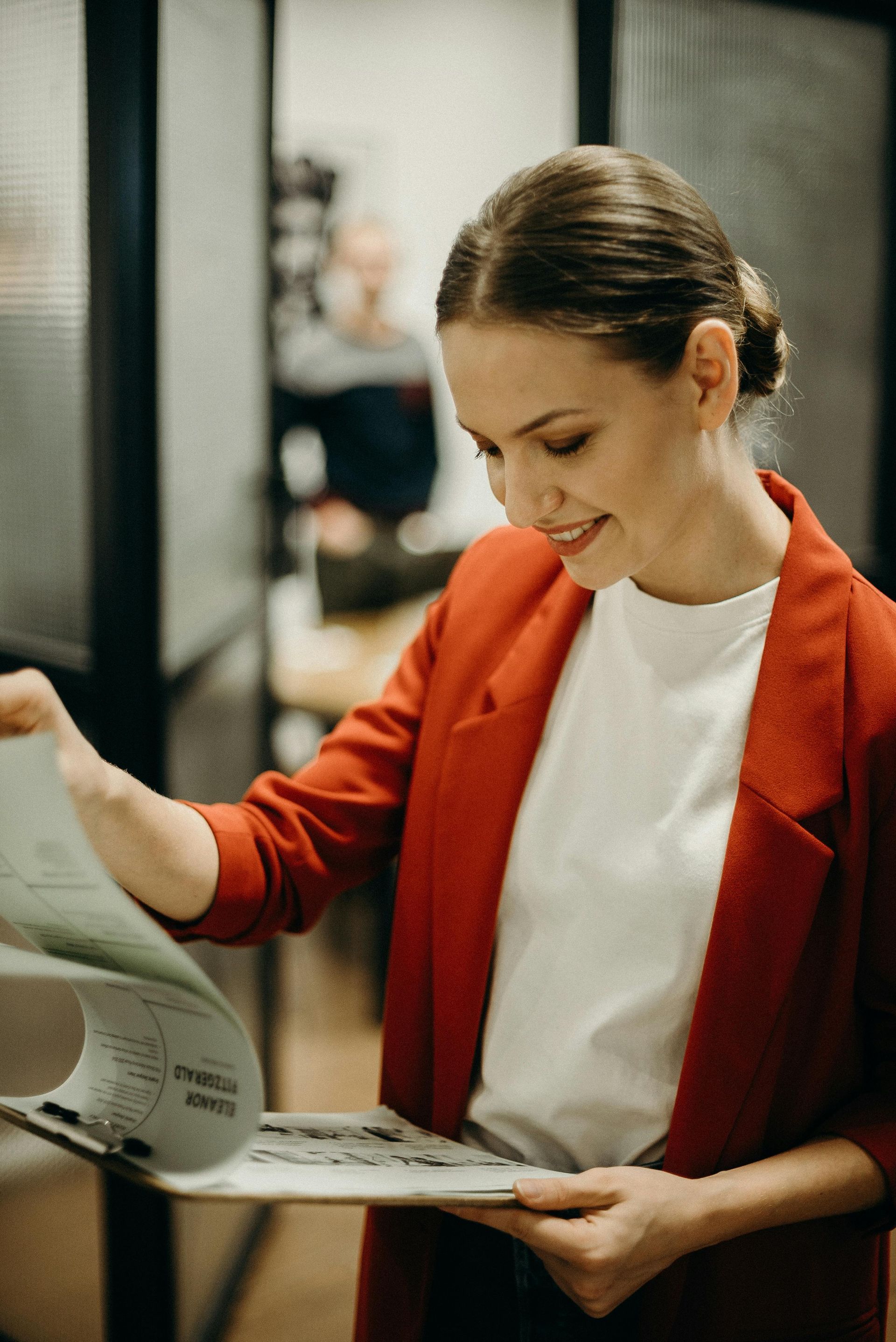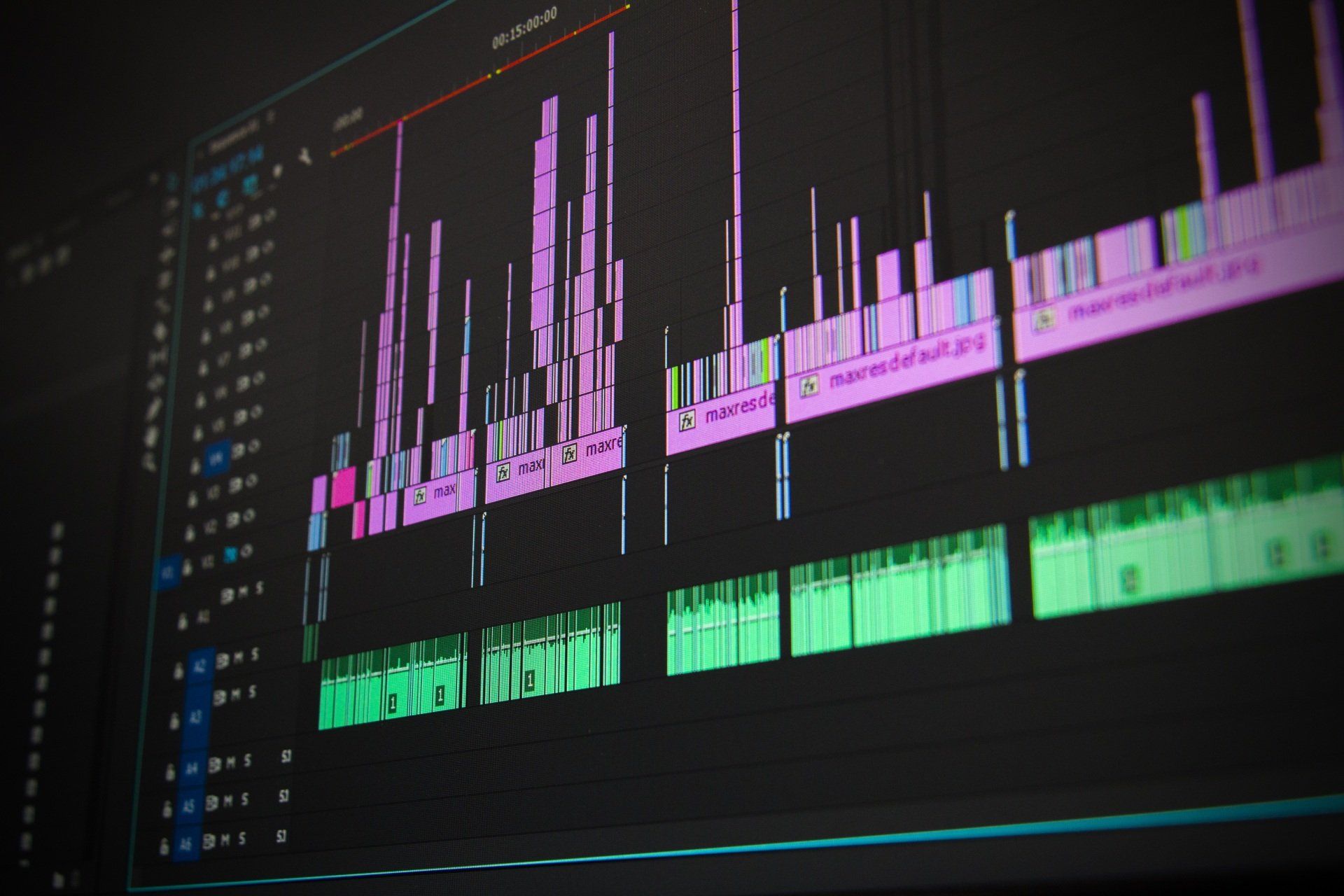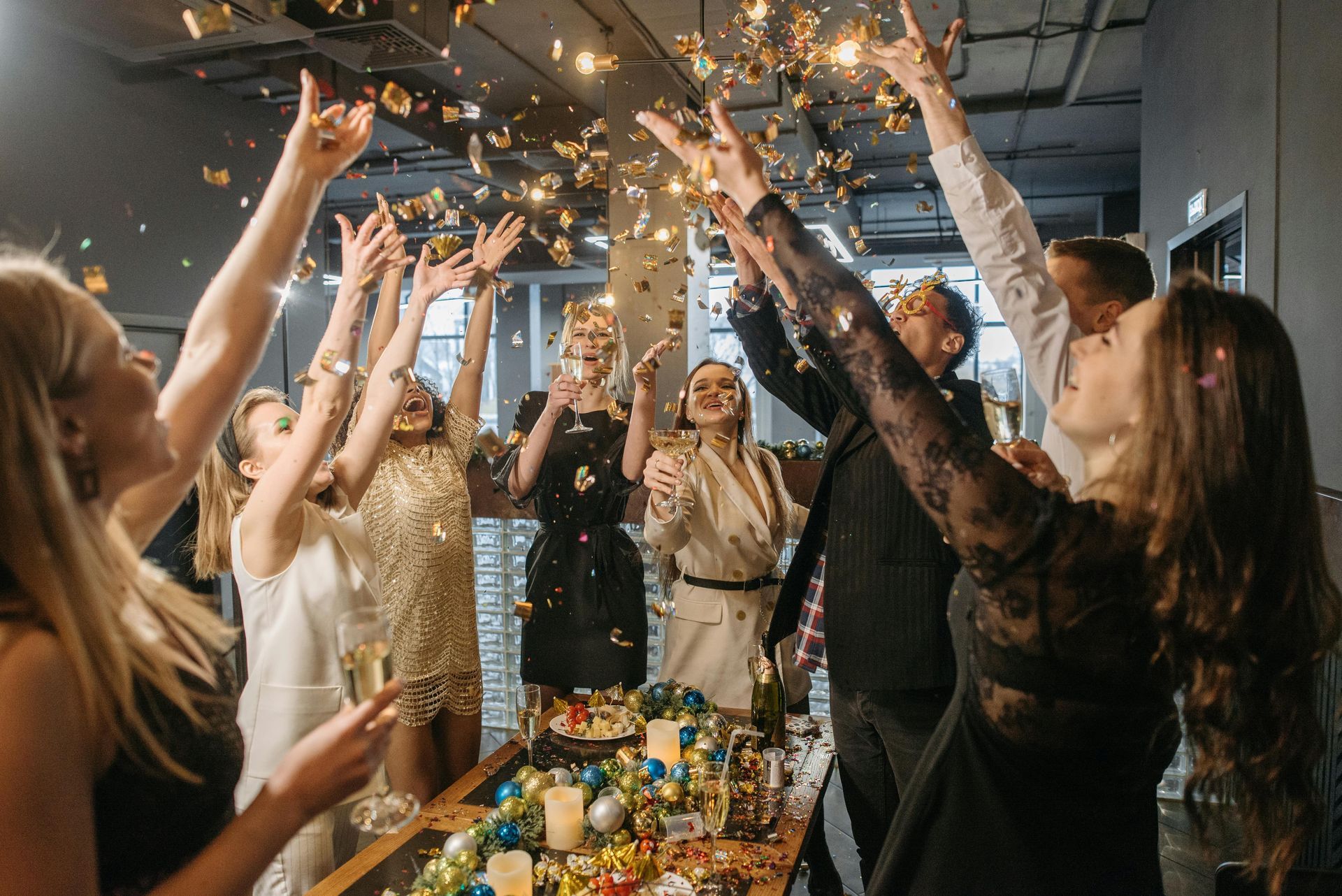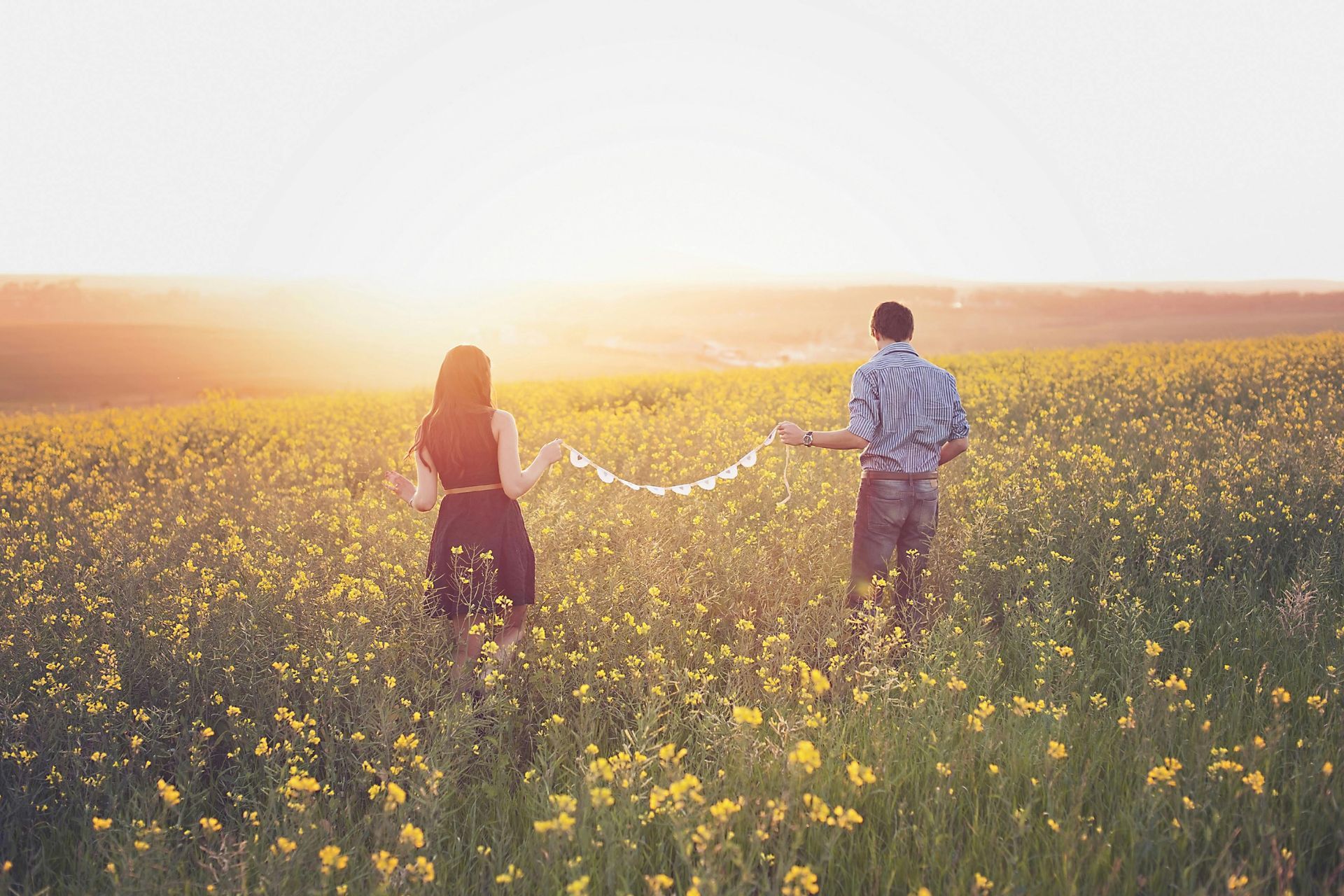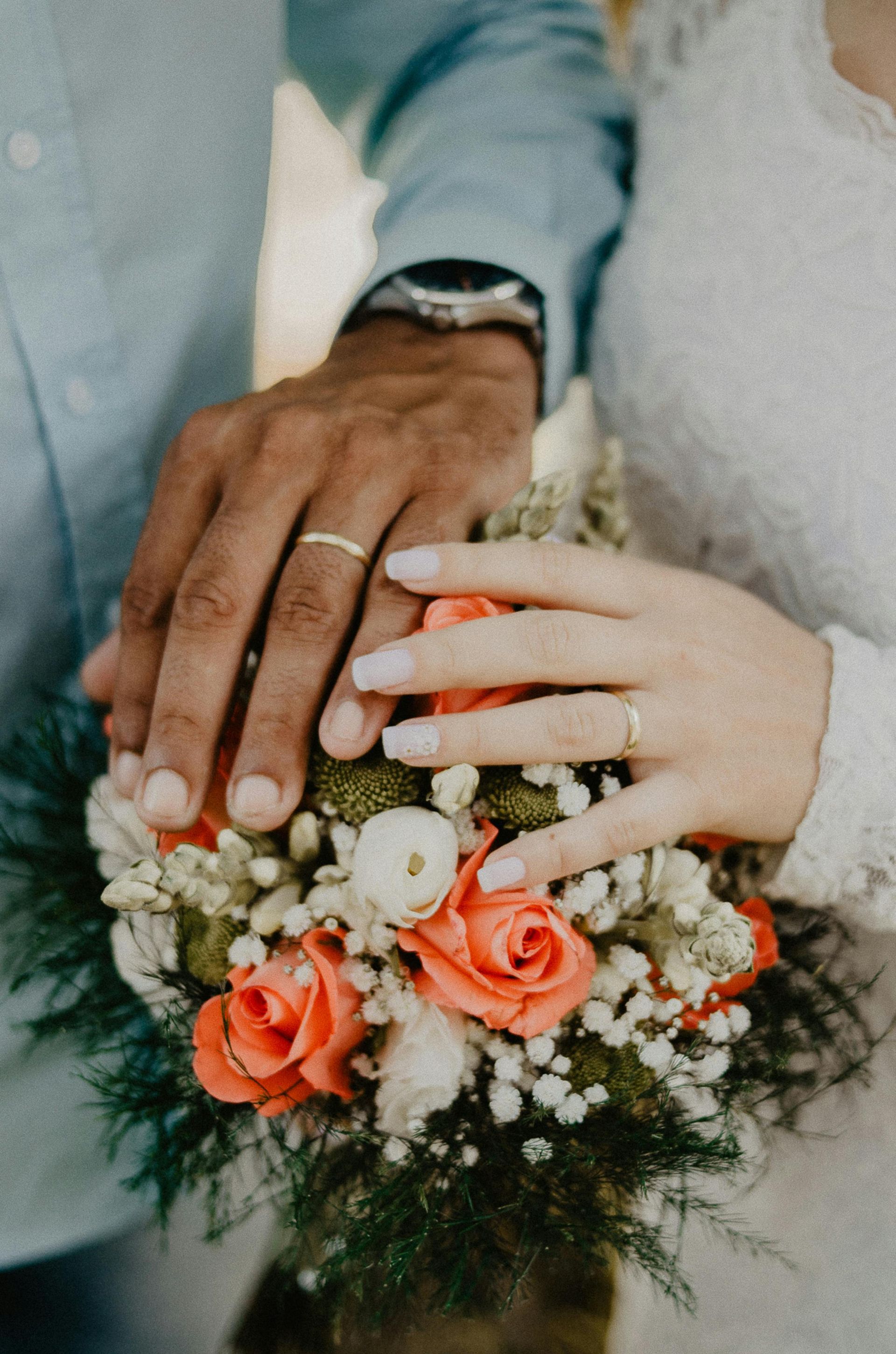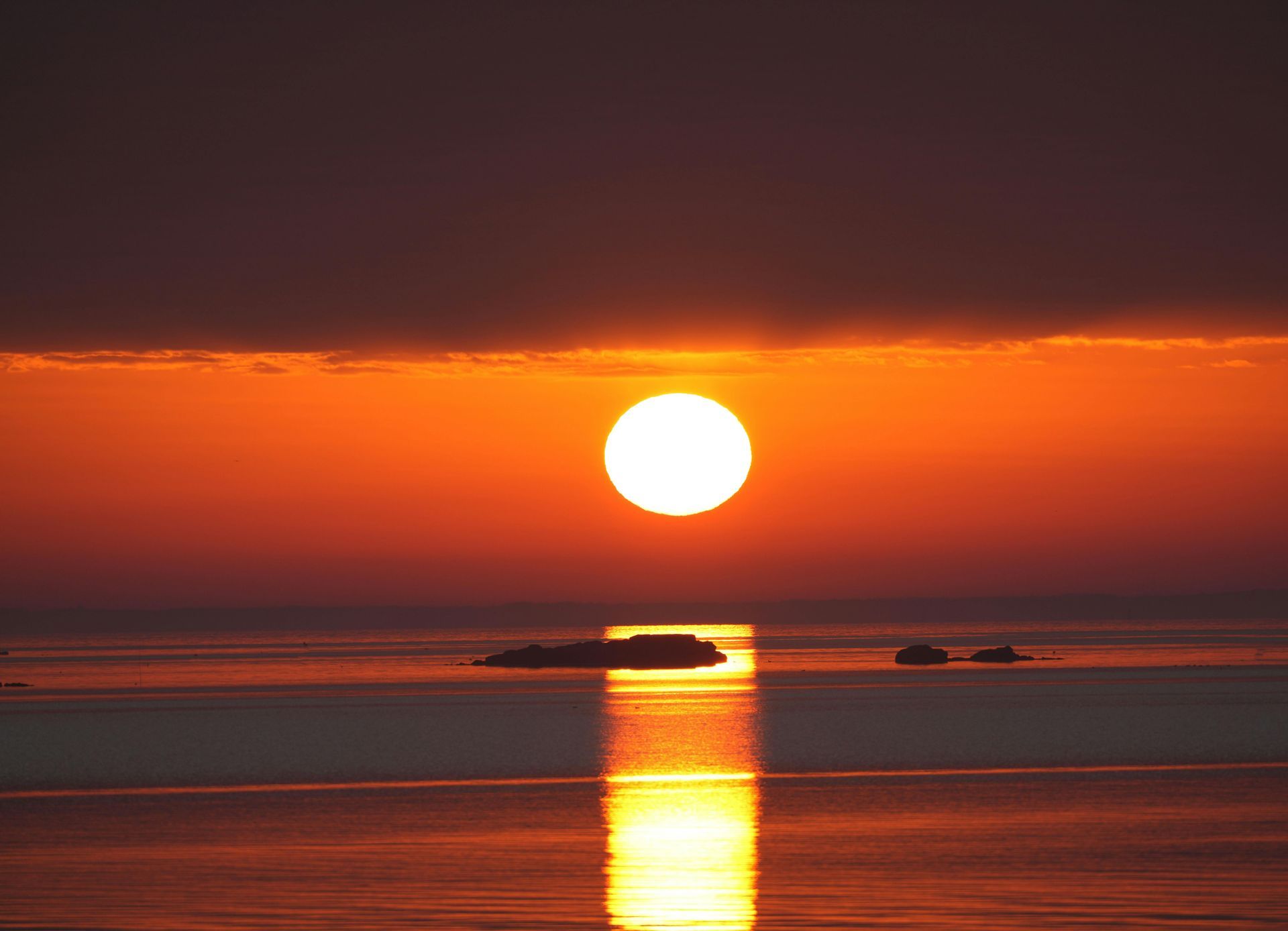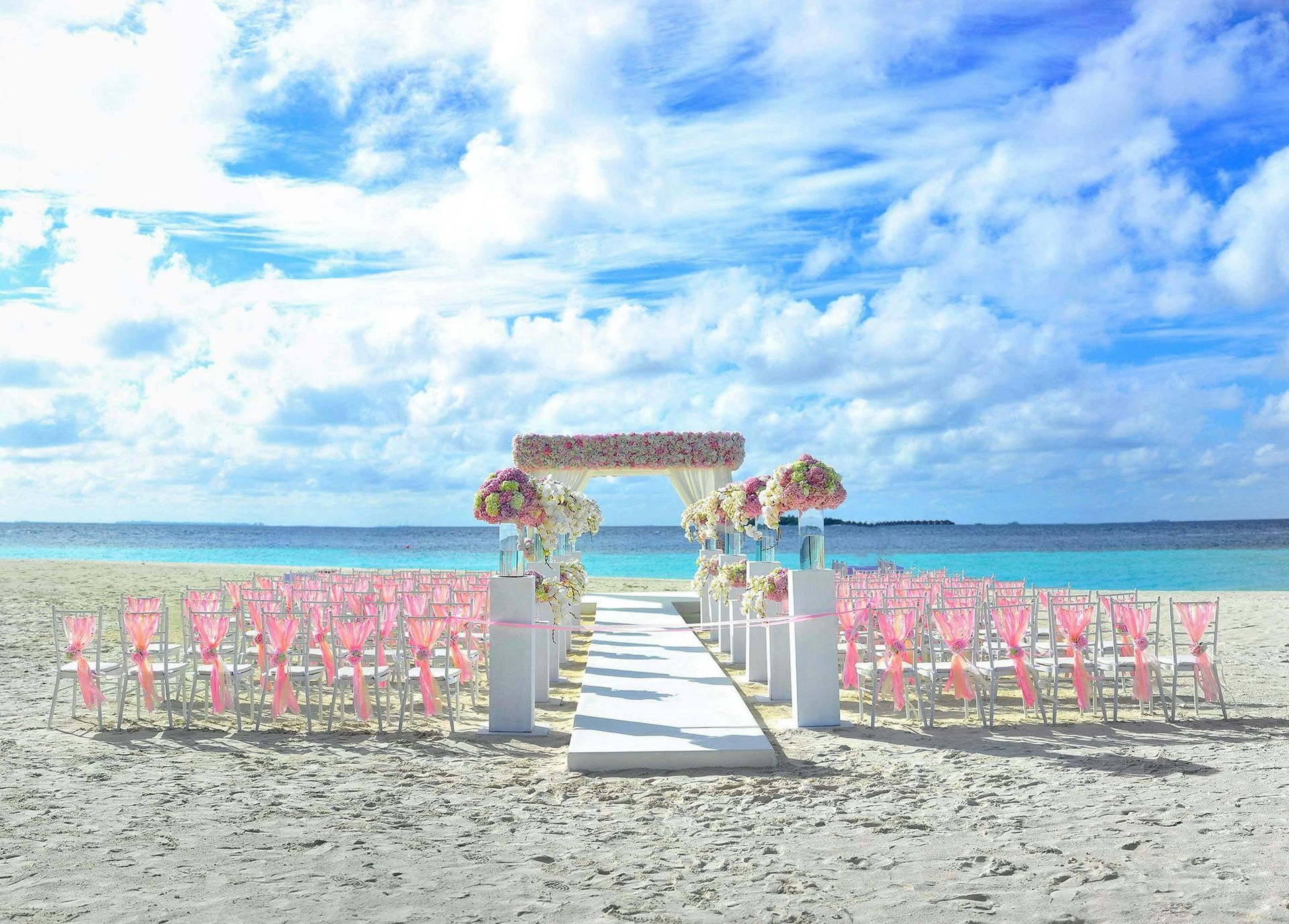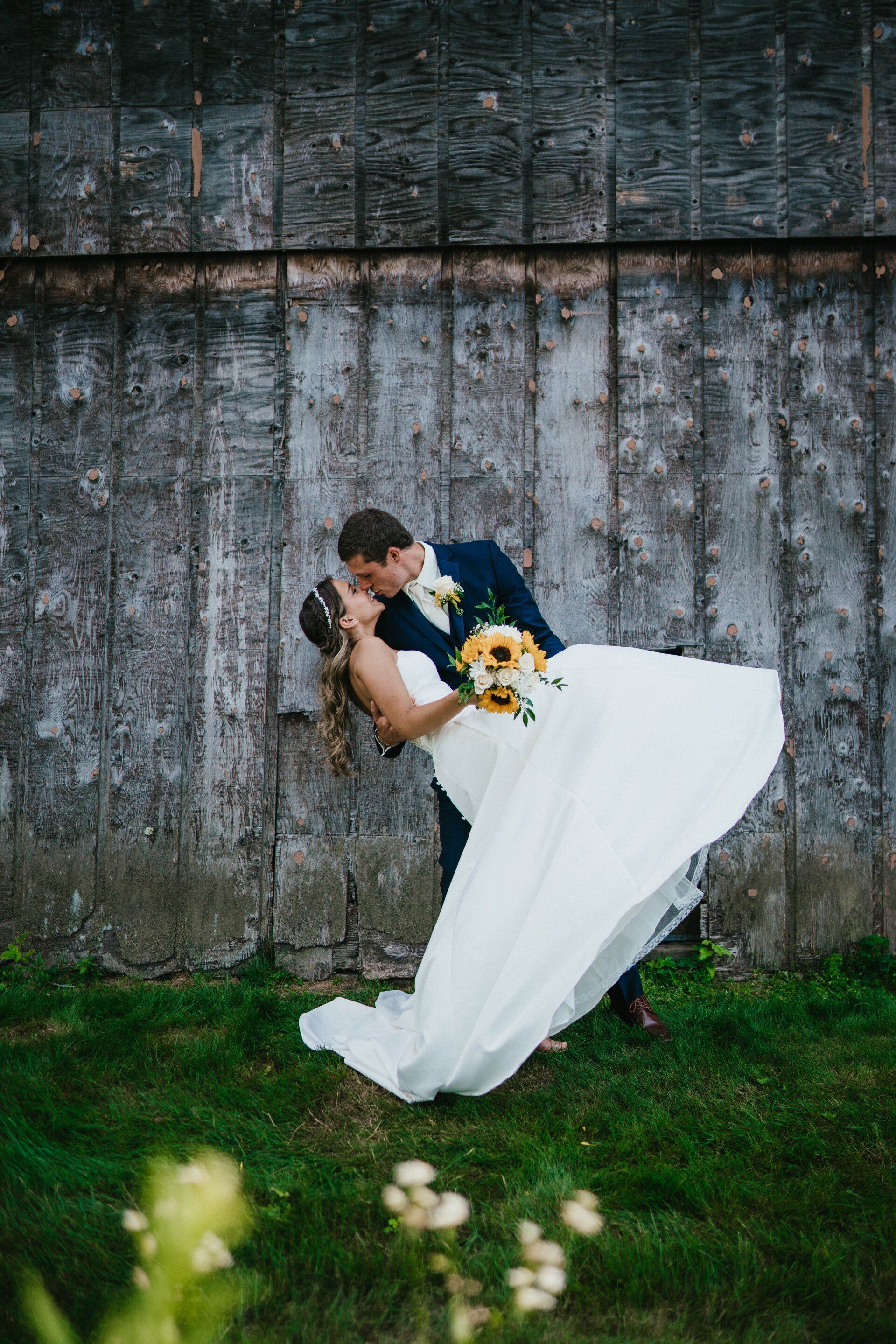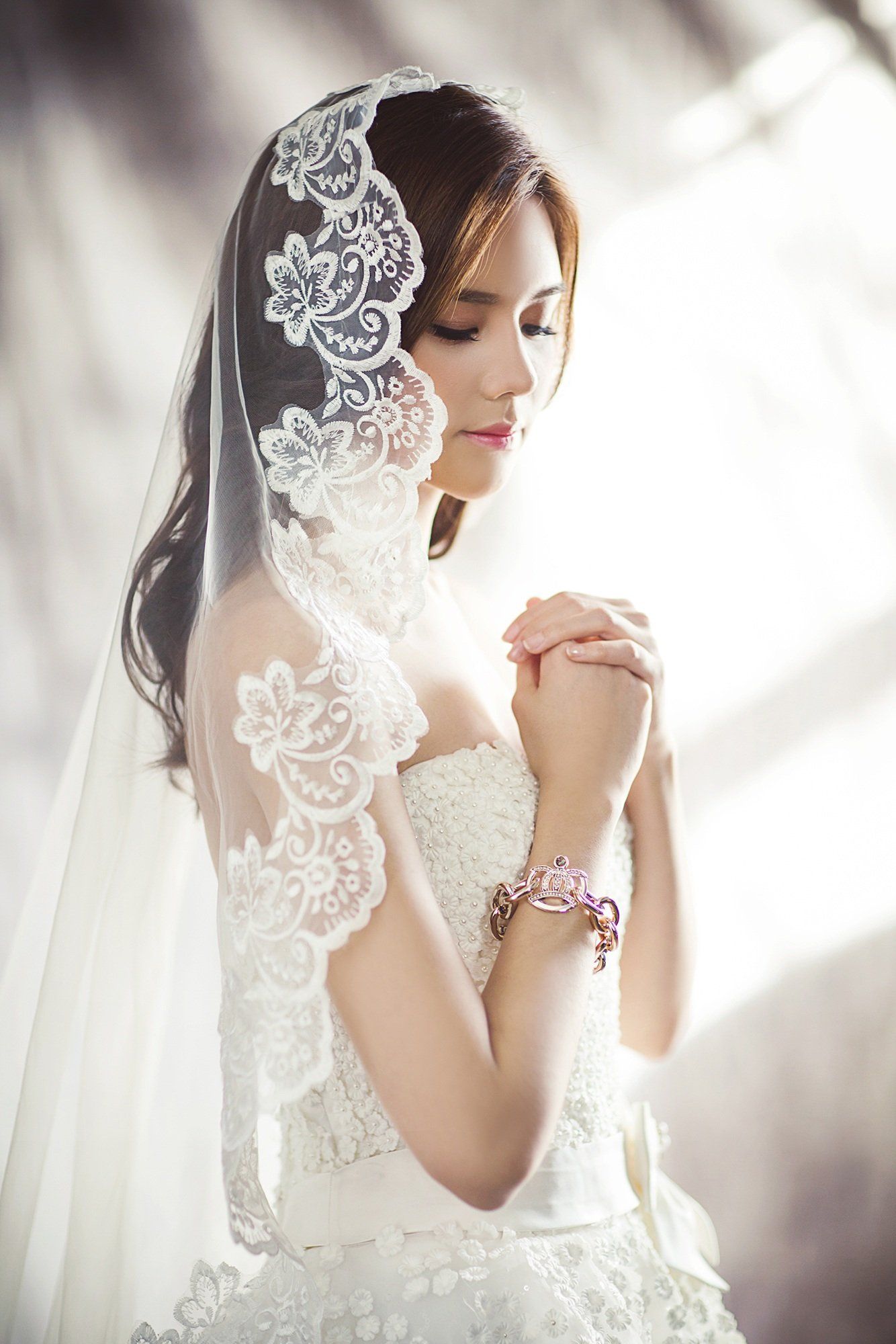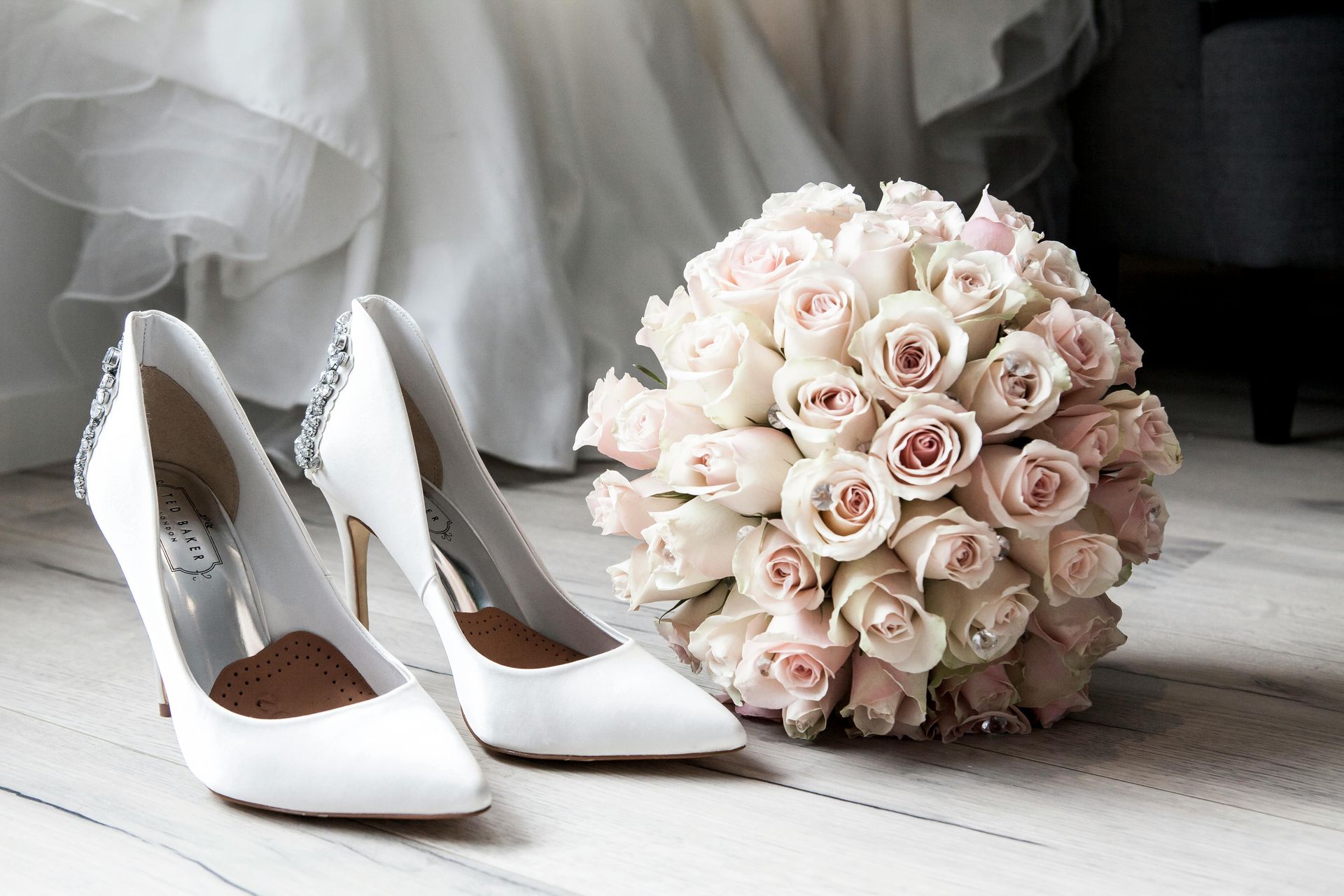How the Process of Filming a Wedding Goes!
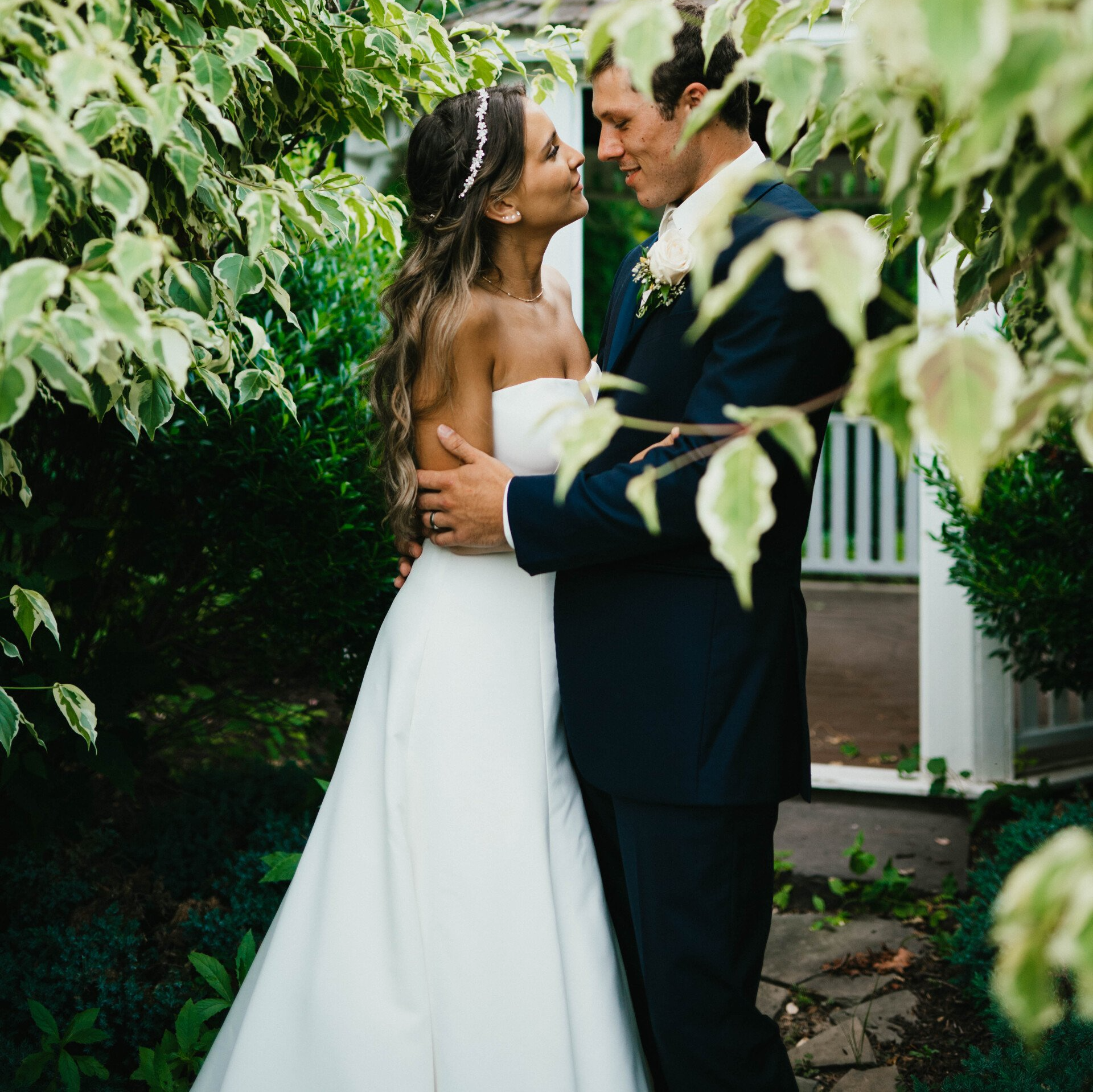
Filming a wedding is a complex process that requires a mix of technical expertise, artistic vision, and the ability to work well under pressure. Here is a general overview of the steps that videographers typically follow when shooting a wedding:
1. Consultation:
Before the big day, the videographer will typically meet with the couple to discuss their vision for the wedding video. This is a good time for the videographer to get to know the couple, understand their style and personalities, and talk about any specific shots or events they want to capture.
2. Scouting:
If the wedding is at a venue the videographer hasn't worked at before, they may do a scouting trip to get a feel for the layout, lighting, and potential shooting locations.
3. Preparation:
On the day of the wedding, the videographer will arrive early to set up their equipment and do any necessary testing. They may also spend some time taking candid shots of the couple and their families getting ready.
4. Ceremony:
During the ceremony, the videographer will capture the key moments, such as the exchange of vows, the first kiss, and the exchanging of rings. They will also try to get a variety of angles and compositions, including close-ups and wide shots.
5. Portraits:
After the ceremony, the videographer will typically follow the couple and their families for formal portraits. This is a good time for the videographer to experiment with different camera movements and angles.
6. Reception:
During the reception, the videographer will capture candid shots of the couple and their guests dancing, eating, and having a good time. They will also try to get some artistic shots of the details, such as the bouquets, centerpieces, and decor.
7. Editing:
After the wedding, the videographer will spend time selecting and editing the best footage to create a polished and cohesive final product. This may involve color-grading, sound design, and adding music and special effects.
Overall, the process of filming a wedding requires a wide range of skills, including the ability to work quickly, think creatively, and deliver high-quality video under challenging conditions. It's a demanding but rewarding job that requires a lot of preparation and hard work.


